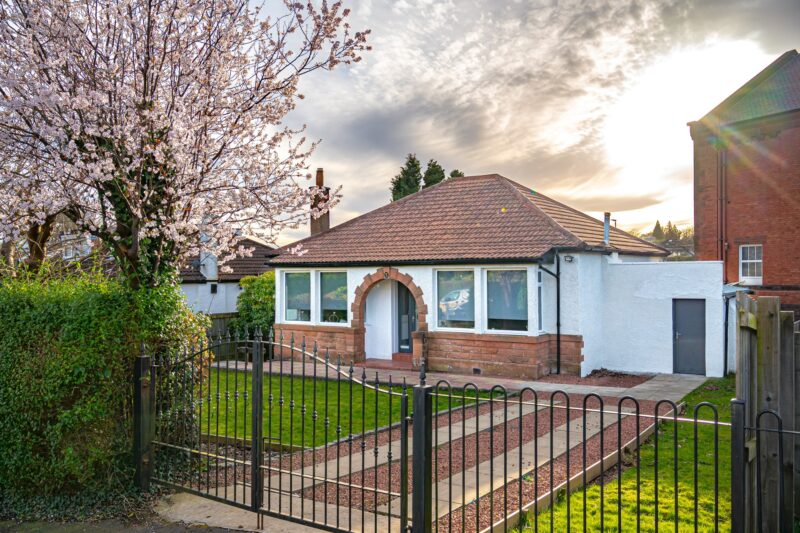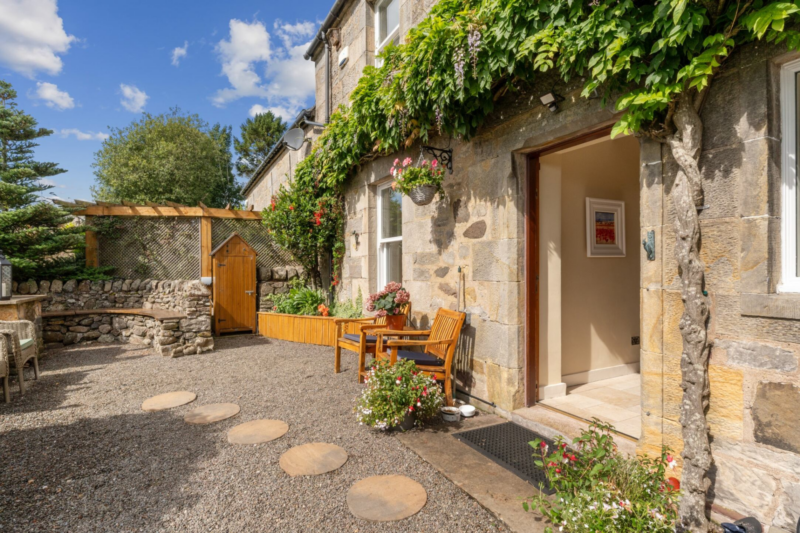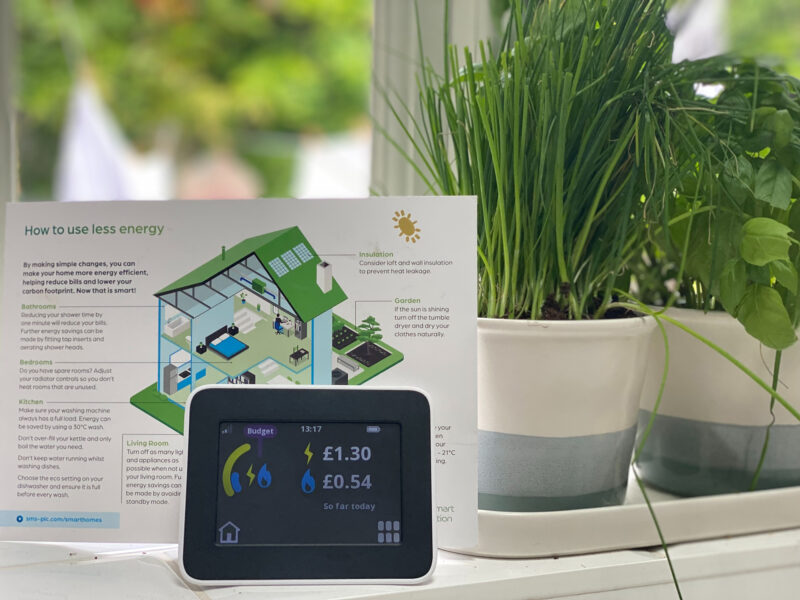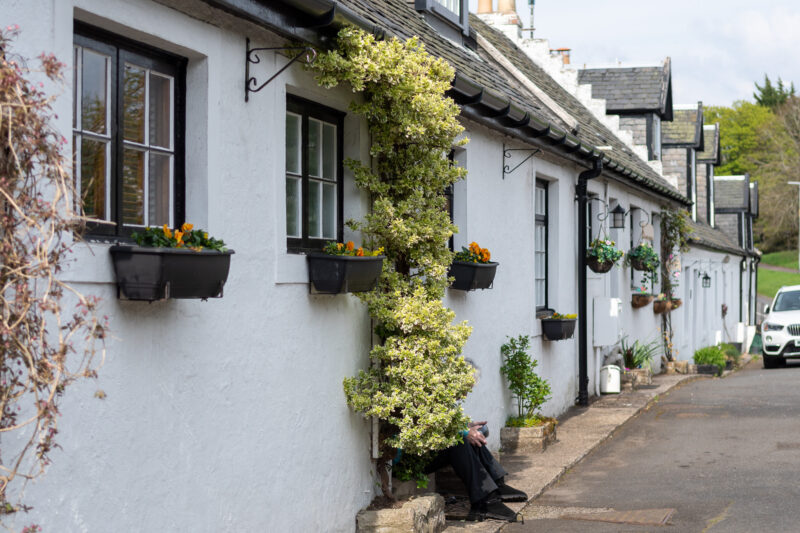
Buying Your First Home
If you’re taking the first step onto the property ladder, chances are you’re confused and unsure of where to start. Do you plan ahead and get advice six months before buying a home so you can make cutbacks to boost your mortgage lending and credit score? Do you find a property first and then try and work out if you can afford it? Or do apply for a mortgage and then look for a property in your price range?
We’ve put together a checklist to help you get to grips with how you can go about buying your first home.
Get advice
Talk to an independent mortgage broker to discuss whether you can afford to buy your first home. You may already have a deposit, a secure job with a salary and a great credit score. However, you may fall short on one of these – so it’s important to get advice as soon as you’re considering buying a home.
A mortgage broker will not only tell you what you can afford now, they will also be able to give you advice on what changes you can make to improve the amount of lending you can secure. It might be advisable to clear off debts and improve your credit score first in order to secure a better mortgage rate. Or you may need to spend more time saving for a deposit. Either way – it’s advisable to plan ahead.
Ready to buy?
Most people have a chosen area in mind – somewhere close to work, friends or family. Talk to your local estate agent about house prices in the area to find out what you’ll get for your money. They will be able to advise you on whether there are other more affordable areas to consider, perhaps where your money will go further, and the long term gains could be greater.
Get your mortgage in place
You’ll need to obtain a mortgage agreement in principle; this will confirm what the mortgage company is willing to lend to you. The estate agent will want you to have a mortgage offer in principle at the time of your offer otherwise it’s unlikely to be accepted.
Conveyancing
It’s important to get a conveyancing solicitor to act on your behalf. When comparing conveyancing quotes (the legal fees for your purchase) make sure they are like for like as some conveyancing quotes will include extra fees.
Make sure you tell your solicitor at the start if any of the purchase money is not coming from you, such as a gift from a family member or friend as the mortgage company will need to be aware of this.
Check how much Stamp Duty (LBTT) you will need to pay. It’s a confusing topic when buying and your conveyancing solicitor will be able to help.
Find a property
Once you’ve seen a property you want to buy, ask to the estate agent why the vendor is selling, whether they are buying another property, and if had an offer accepted on a property they want to buy. It’s important to find out what their timeframes are otherwise you could be in a chain for longer than you’re prepared to wait.
Request the Home Report
Once you decide a property could be for you, request the Home Report from the seller. The Home Report won’t incur any costs to you as the buyer and contains a survey which assesses the condition of the property, an energy report which gives the property an energy efficiency rating and the property questionnaire which gives an overview of other useful information such as the property’s Council Tax band and any alterations. Following this, you may decide to arrange a separate survey which could flag up any other issues – for example if you’re buying a period property you may want to check it is structurally sound.
Note your interest
You may now decide that you’d like to make an offer on the property, so you will need to ask your solicitor to do this on your behalf. You will then be advised if a closing date will be arranged or whether you could make an offer.
Make an offer
A property will either be listed with a fixed price or offers over. If it’s a fixed price the property will be sold to the first person to offer the advertised price (although if it has been on the market for some time, they may accept a lower offer). Offers over means the seller will usually sell to the highest bidder – talk to your estate agent about the typical percentage over HRV that property is selling for in that area.
Once you’ve had an offer accepted, it’s time to get the ball rolling on all the complicated legal stuff by instructing your solicitor.
Complete your mortgage
Now you can contact your mortgage advisor and accept the offer in principle. They will also advise you on insurances that will need to be put in place. Your mortgage valuation will be in the Home Report but if it’s more than three months old the valuation will need to be undertaken again. The seller’s solicitor will send over the title deeds to your solicitor who will check that this is all in good order. You will now receive your mortgage offer.
Conclusion of the missives
The ‘missives’ are the written negotiations of sale. This can only be done once a mortgage offer is received. When they are agreed it’s known as ‘conclusion of missives’ and both the buyer and seller are now legally bound to the sale/purchase and you can agree on a date of entry.
Final conveyancing
The seller’s solicitor will draw up the disposition (a document transferring legal ownership) and your solicitor will draw up the Standard Security (the deed securing the loan) which you must sign. The purchase price will then transferred to the seller’s solicitor. Once this is received, the seller’s solicitor will tell the estate agent to release the keys to the property.







